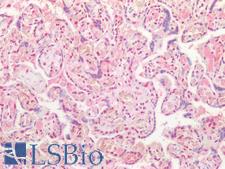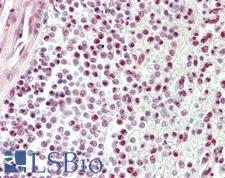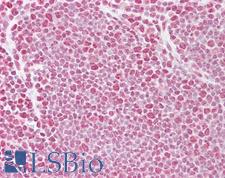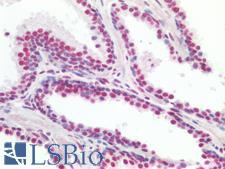Login
Registration enables users to use special features of this website, such as past
order histories, retained contact details for faster checkout, review submissions, and special promotions.
order histories, retained contact details for faster checkout, review submissions, and special promotions.
Forgot password?
Registration enables users to use special features of this website, such as past
order histories, retained contact details for faster checkout, review submissions, and special promotions.
order histories, retained contact details for faster checkout, review submissions, and special promotions.
Quick Order
Products
Antibodies
ELISA and Assay Kits
Research Areas
Infectious Disease
Resources
Purchasing
Reference Material
Contact Us
Location
Corporate Headquarters
Vector Laboratories, Inc.
6737 Mowry Ave
Newark, CA 94560
United States
Telephone Numbers
Customer Service: (800) 227-6666 / (650) 697-3600
Contact Us
Additional Contact Details
Login
Registration enables users to use special features of this website, such as past
order histories, retained contact details for faster checkout, review submissions, and special promotions.
order histories, retained contact details for faster checkout, review submissions, and special promotions.
Forgot password?
Registration enables users to use special features of this website, such as past
order histories, retained contact details for faster checkout, review submissions, and special promotions.
order histories, retained contact details for faster checkout, review submissions, and special promotions.
Quick Order
PathPlusTM TDP-43 / TARDBP Antibodies
TARDBP (TAR DNA-binding protein 43, TDP-43) is a DNA and RNA-binding transcriptional repressor that regulates transcription and splicing. TARDBP is thought to be involved in microRNA biogenesis, apoptosis and cell division, and it can also repress HIV-1 transcription by binding to the HIV-1 long terminal repeat. It promotes CFTR exon 9 skipping, and the resulting aberrant splicing is associated with pathological features typical of cystic fibrosis. TARDBP binds to the mRNA of the neurofilament NEFL in spinal motor neurons, and it may be involved in regulating RNA transport, translation and stability in neurons in hippocampal dendrites. A pathogenic form of TARDBP plays a major role in frontotemporal dementia (FTLD-TDP) and amyotrophic lateral sclerosis (ALS). Furthermore, dysfunctional or upregulated TARDBP is found in Alzheimer’s disease and in cases of chronic traumatic encephalopathy. In immunohistochemistry, TARDBP has high nuclear positivity in all tissues.
References: Journal of Neurochemistry. 105 (3): 797–806, PMID: 18088371; Molecular and Cellular Neurosciences. 35 (2): 320–7, PMID 17481916; Molecular and Cellular Neurosciences. 35 (2): 320–7, PMID: 17481916; Transmission. 2018. 125 (4): 591–613, PMID: 29417336; Journal of Neuropathology and Experimental Neurology. 70 (9): 788–98, PMID: 21865887.
4 PathPlusTM Antibodies




☰ Filters
Products
Antibodies
(4)
Type
Primary
(4)
Target
TDP-43 / TARDBP
(4)
Reactivity
Human
(4)
Application
IHC
(2)
IHC-Fr
(1)
IHC-P
(4)
WB
(4)
IF
(1)
Peptide-ELISA
(1)
Host
rabbit
(3)
goat
(1)
Product Group
PathPlus Neuro
(4)
Isotype
IgG
(2)
Clonality
polyclonal pc
(4)
Format
Unconjugated
(4)
Epitope
aa1-30
(1)
aa140-153
(1)
aa252-301
(1)
aa337-386
(1)
Publications
No
(4)

Neuroscience
TDP-43 / TARDBP Goat anti-Human Polyclonal (aa140-153) Antibody
Human
IHC-P, Peptide-ELISA, WB
Unconjugated
50 µg/$460

Neuroscience
TDP-43 / TARDBP Rabbit anti-Human Polyclonal (aa1-30) Antibody
Human
IF, IHC, IHC-P, WB
Unconjugated
200 µl/$375

Neuroscience
TDP-43 / TARDBP Rabbit anti-Human Polyclonal (aa252-301) Antibody
Human
IHC, IHC-P, WB
Unconjugated
100 µl/$375

Neuroscience
TDP-43 / TARDBP Rabbit anti-Human Polyclonal (aa337-386) Antibody
Human
IHC-Fr, IHC-P, WB
Unconjugated
50 µl/$375
Viewing 1-4
of 4
product results











